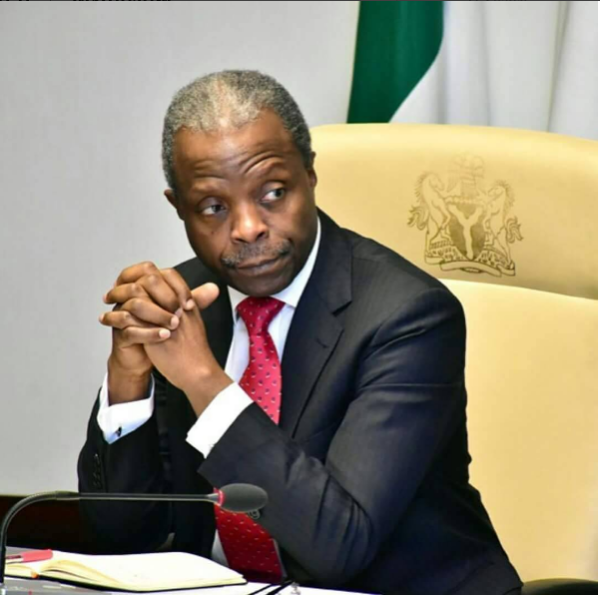Senior Israeli officials say Russia is working to prevent Iran from entrenching its military along Israel’s northern border with Syria, according to Hebrew media reports.
The move comes as part of an apparent agreement with Israel that Jerusalem would not act to destabilize the regime of Syrian strongman Bashar Assad, which is allied with Moscow, the Haaretz daily reports, citing the unnamed officials.
The paper cites unnamed foreign diplomats “who were briefed by Israeli officials” as saying that Israel has committed not to interfere with the return of the Assad regime to the Syrian side of the border on the Golan Heights, and indeed, not to aid rebels in the area in their fight against the Assad regime, with the exception of continuing to offer basic humanitarian aid.
In exchange, Israel is demanding that Assad honor the 1974 separation of forces agreement that established a demilitarized buffer zone between Israeli and Syrian forces on the Golan, and, most importantly for Israel, that Russia acquiesce to continued Israeli operations against the entrenchment of Iranian forces and various Shiite militias allied with Tehran on Syrian territory.
The statements reiterate what Prime Minister Benjamin Netanyahu has said repeatedly was Israel’s policy in Syria. They come as Netanyahu visits Moscow for talks with Russian President Vladimir Putin.
On Wednesday, as the two leaders met, Netanyahu told Putin that Israel would not seek to unseat Assad, but urged Moscow to work to remove Iranian troops from the country, an Israeli official said after the meeting.
“We won’t take action against the Assad regime, and you get the Iranians out,” the Reuters news agency quoted Netanyahu as telling Putin, citing the official.
According to a report last month, Israel’s willingness to leave Assad in power echoes the US position.
A Western diplomat told the Al-Hayat newspaper in June that the US is open to the idea of Assad staying in power and does not oppose the regime retaking all areas it lost to rebels groups during the country’s seven-year civil war.
Media reports suggested that at their meeting in Helsinki on Monday, Putin and US President Donald Trump could reach a deal that would envisage the deployment of Syrian government forces alongside the Israeli border and the withdrawal of Iranian forces and their proxy Hezbollah from the area.
Both the United States and Israel are concerned about Iran’s growing military presence in Syria, where it has provided crucial aid to Assad’s forces.
Israel has repeatedly said it will not allow Iran, or its Shiite proxies, to establish a permanent presence in postwar Syria. Tensions were brewing along the border in recent months, with Israel launching attacks on Iranian targets in Syria in response to Iranian rocket fire and drone incursions into Israel.
Russia, another key ally of Assad, has warned it was unrealistic to expect Iran to fully withdraw from the country, but there have been signs of an emerging compromise between Moscow and Jerusalem on the issue.
During their Wednesday meeting, Netanyahu also stressed to Putin that Israel would continue to thwart any efforts to breach its borders, adding that Jerusalem was keeping a close eye on regional developments in Iran and Syria.
“We will continue to act firmly against any violation of Israeli airspace or territory,” Netanyahu said ahead of a meeting between the two leaders in Moscow. “We expect everyone to respect our sovereignty and for Syria to carefully abide by the ceasefire agreements.”
Earlier in the day, Israel shot down what appeared to be a Syrian reconnaissance drone which entered Israeli airspace in the north of the country. The military said it had waited over 15 minutes before firing a Patriot missile at the drone, during which time officials verified that it was not being flown by Russia, which is providing military support to the Syrian regime.
The IDF confirmed that Israel had been in touch directly with Russian forces based in Syria in order to ensure that it was not their drone.
“Cooperation between us is a key element in preventing an escalation [of hostilities] and a deterioration of the situation of one kind or another,” Netanyahu said.
“It’s clear that our focus is on Syria and Iran,” the prime minister told Putin at the Wednesday evening meeting. “Our opinion is that Iran should leave Syria, but this isn’t something new for you.”




